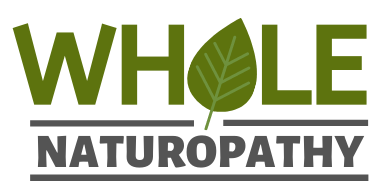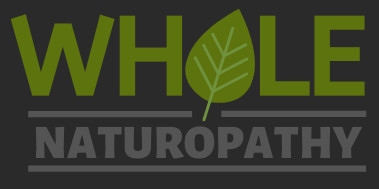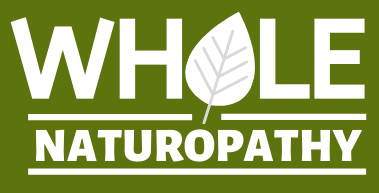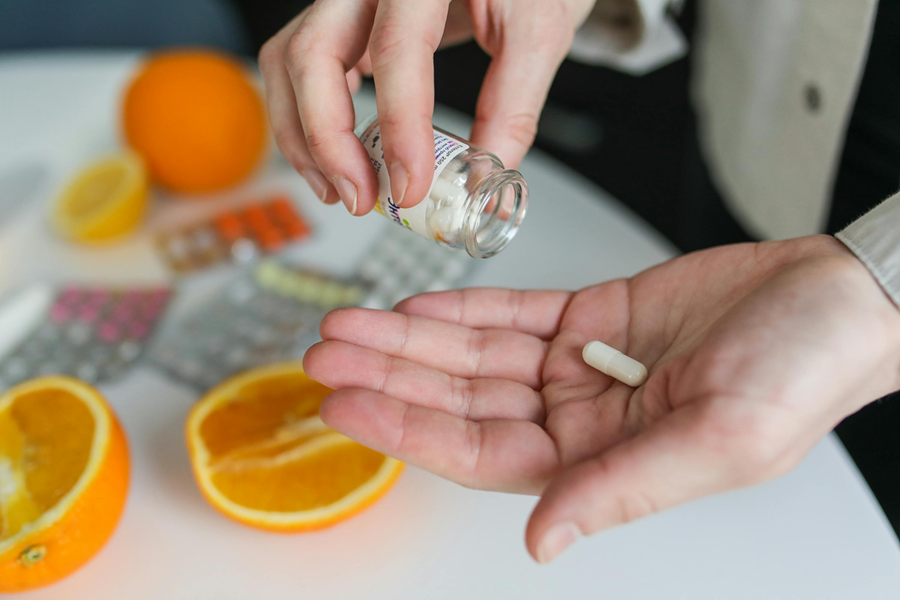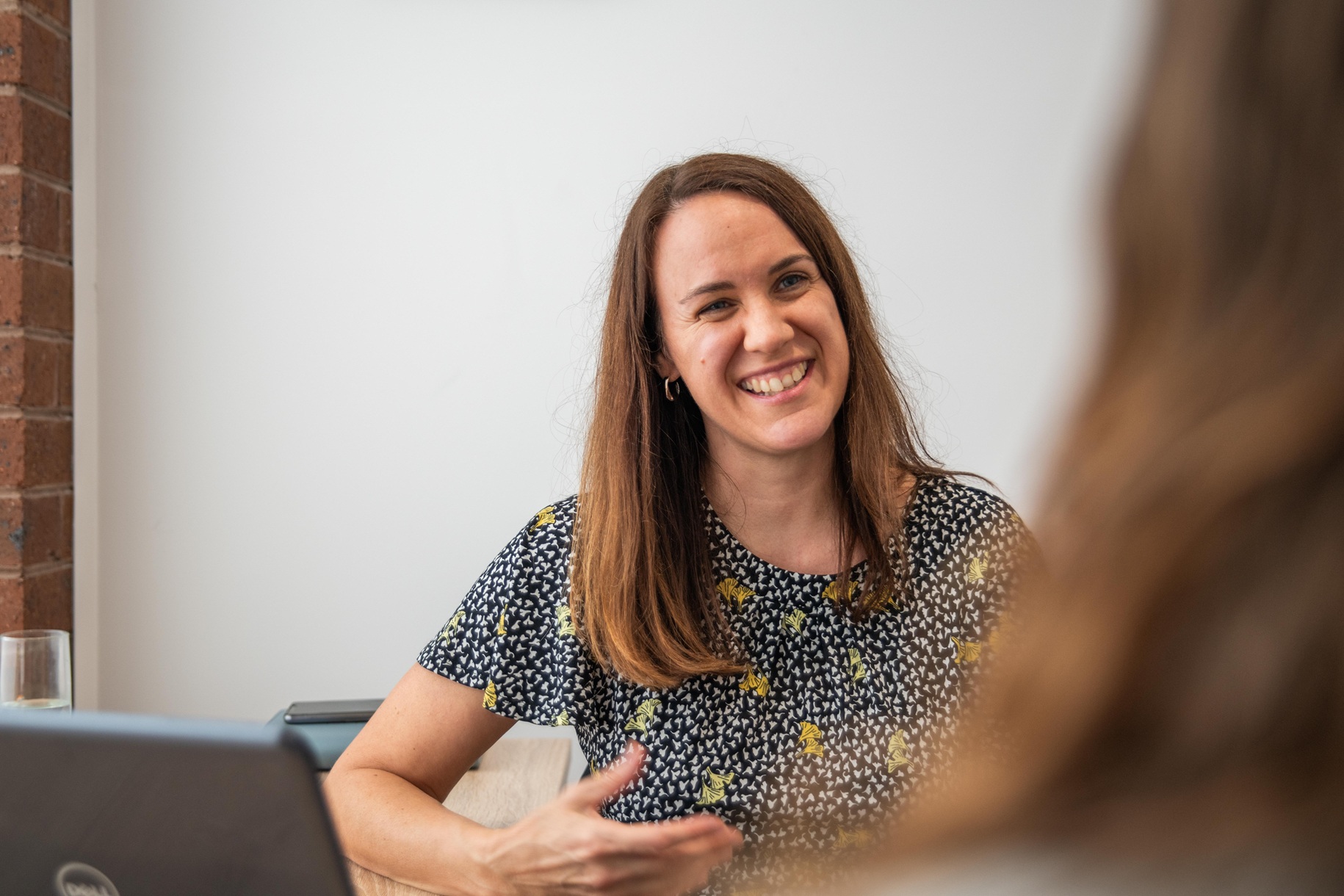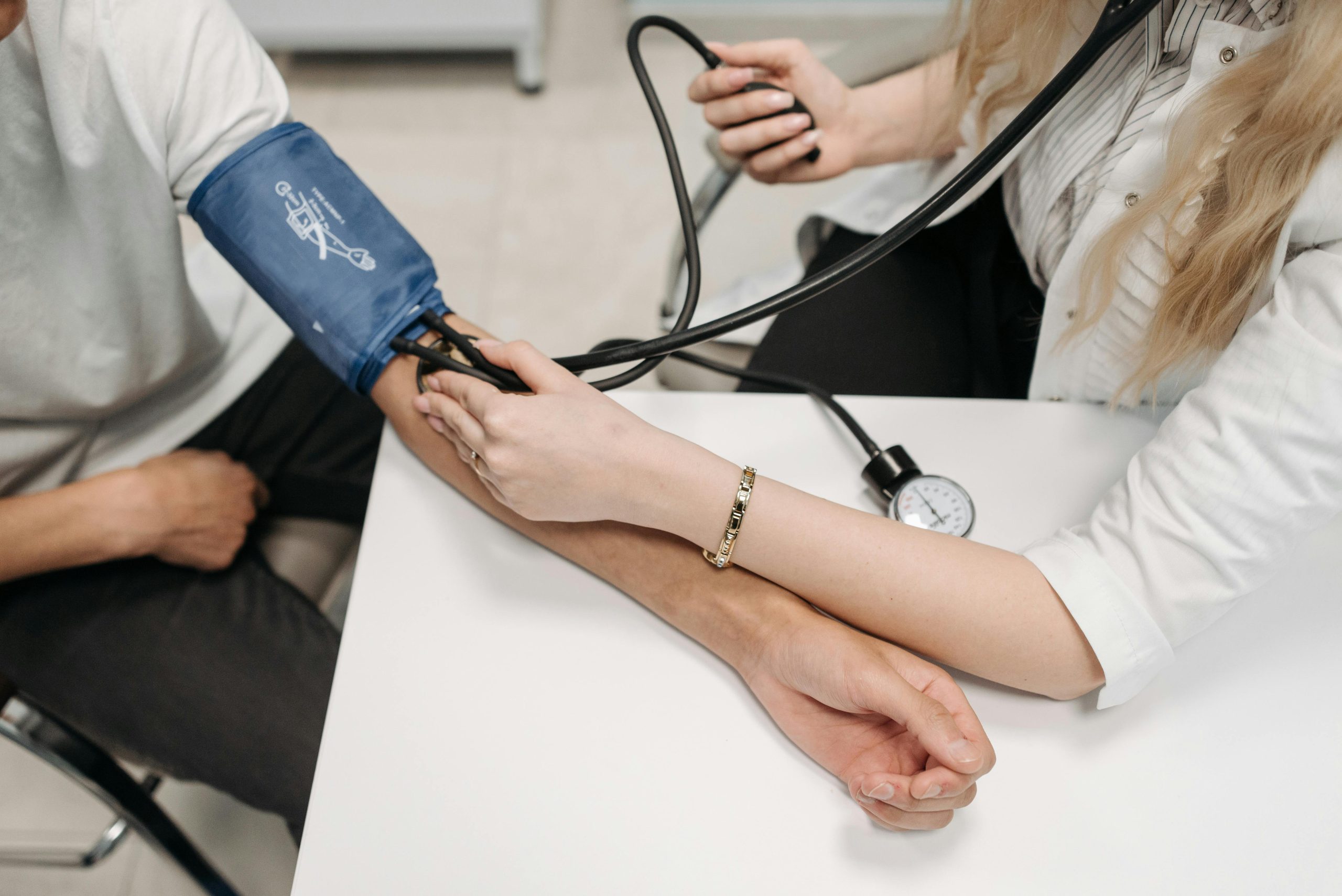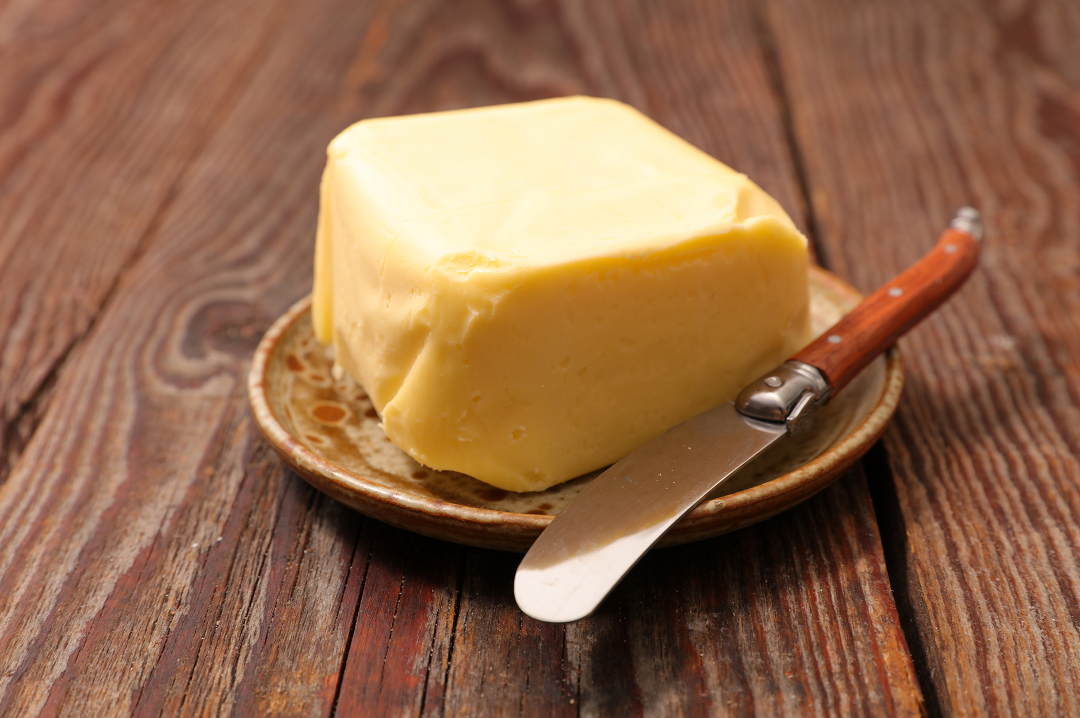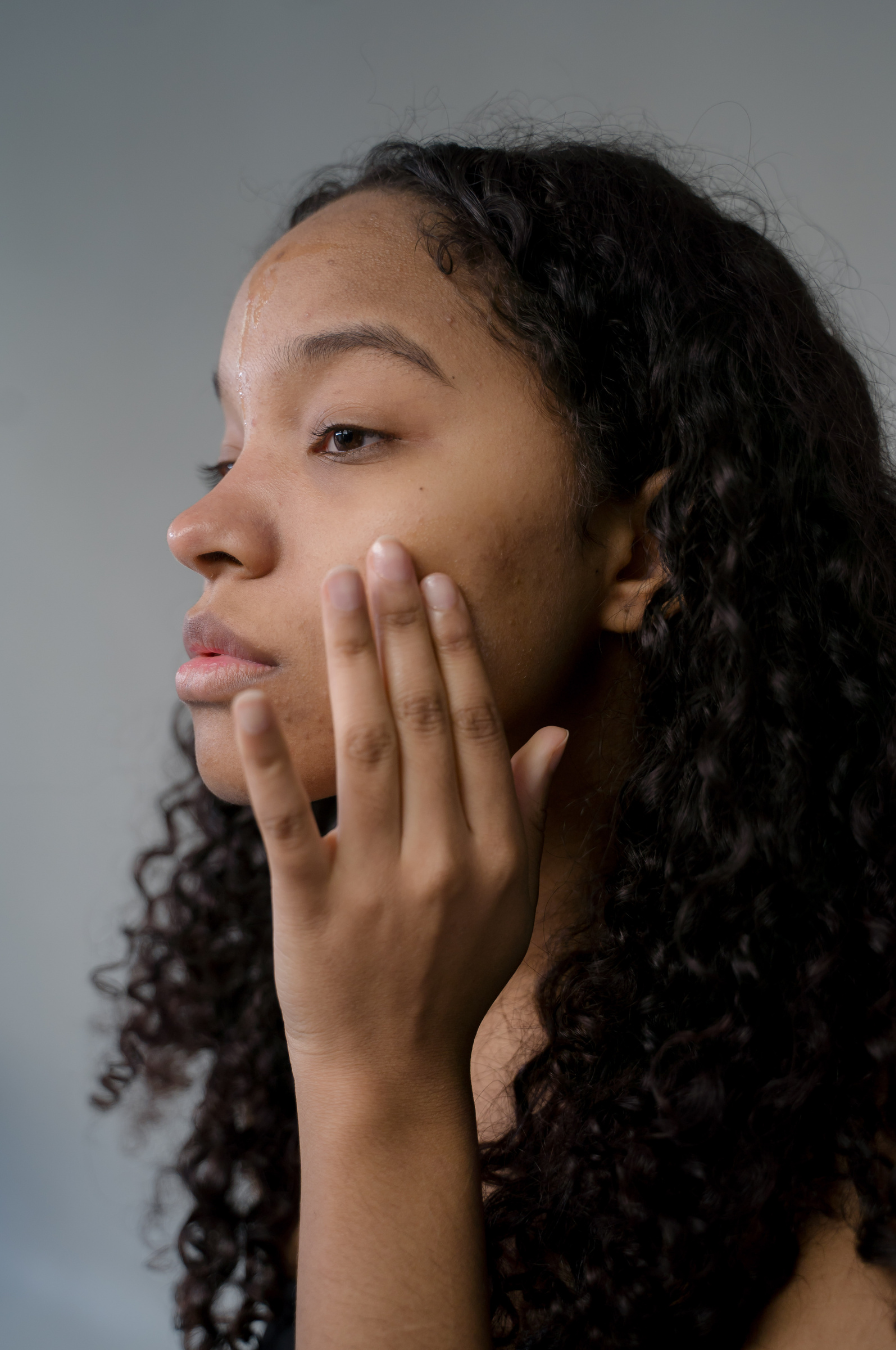What Your Poo Says About Gut Health
As a naturopath, I find myself very comfortable taking about bowel motions, as it gives me vital information about both digestion and elimination of toxins. Observing what lands in the toilet helps me to understand so much more about digestion, and as a result, how to improve it. Your bowel motions can tell you a lot about what’s happening inside your digestive system. In clinic, I often ask detailed questions about frequency, consistency, colour, and even flatulence, and how bad it smells! It’s not glamorous, but it is incredibly useful information. Many people assume that as long as they are going regularly, everything must be fine. But there are some simple signs that can indicate whether your digestion is working well — or whether it might need...
